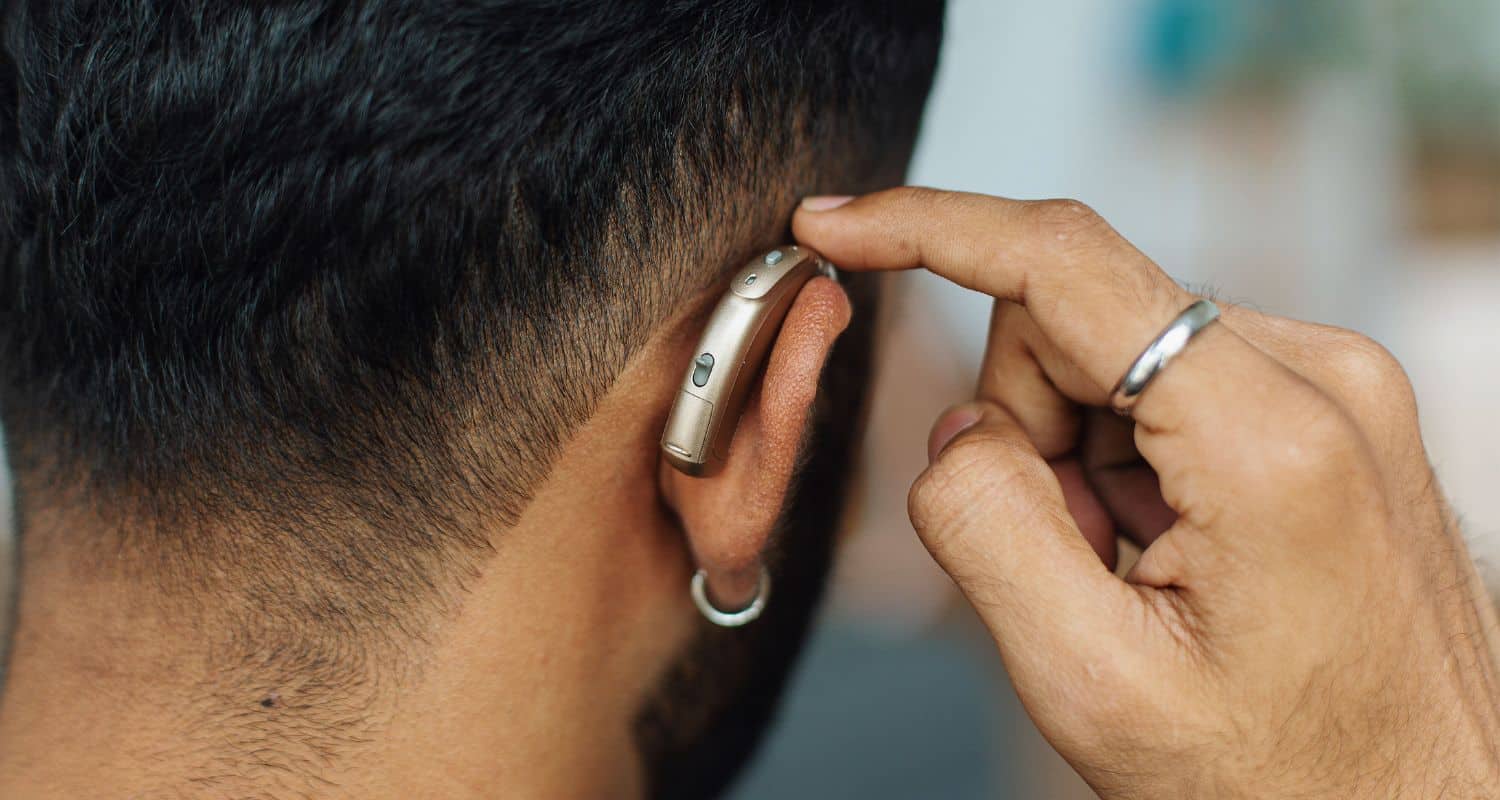
- A Step-by-Step Look at How Hearing Aids Make Sounds Sharper - May 5, 2025
- Causes of Conductive Hearing Loss? - April 27, 2025
- Can Treating Hearing Loss Reduce Stress? - April 15, 2025
Are you ready to invest in new hearing aids? Well, congratulations are in order! Many people wait on average seven to ten years before investing in hearing aids and with this come years for negative side effects off hearing loss to progress. This includes a strain on relationships, loss of self-esteem, chronic depression, social isolation, cognitive decline and a higher risk of falls. However now that you’ve made the jump and decided to invest you can expect more connectivity to the people around you, opening opportunities and helping you feel more confident.
However, many people are surprised to learn that it can take a while to get used to hearing aids, especially if this is your first time. You’re not only getting used to how they work, but after close to a decade or more of struggling to hear, your brain is just not used to hearing some lost sounds. It’s going to take a while to get used to them again and all too often people give up—forgoing a chance to improve their hearing, relationships, mobility and more. Here are some tips to help you get used to this big change so you can be sure to get the most out of it.
Hearing Sounds for the first time
One of the most jarring things that people report when they start wearing hearing aids for the first time- especially after years with unaddressed hearing loss, is the sound of their own voice. It may seem loud and jarring at first. It may even sound funny and unfamiliar. As hearing loss develops over years it diminishes your ability to hear certain sounds gradually. You most likely have no idea how bad it’s become. Sounds like chewing and swallowing may seem unnaturally loud at first but we guarantee that this and more will get easier as you get used to your new devices.
Wear them at home first
Don’t run into a busy supermarket or restaurant the first time you wear your hearing aids. This will most likely be very overstimulating for your brain to take, with so many sounds to process. We recommend starting slow in the comfort of your own home. Start with just a few hours at first. Turn off the radio and any other distracting sounds and start to get used to what it feels, and sounds like to wear your new hearing aids.]
A workout for your hearing
Get some practice with your hearing aids before you try out more challenging listening environments. This could be as simple as hanging at home and trying to locate different sounds in your environment, such as birds chirping by an open window or the sound of a ceiling fan or heater. Try reading aloud or listening to an audiobook to get used to your voice and hearing different sounds with competing noise.
Take breaks
Start slow and build up overtime. It can be a lot for your brain to adjust to new hearing aids. Wear them a few hours the first day, then a few more hours every day after that. Gradually increase the hours over around two weeks. At this point you should ideally be wearing them all day and in most cases, fully adjusted to them.
Attend follow-up visits
We are pretty good at testing your hearing and helping you figure out the best hearing aids for you. However, it’s not always possible to figure it out on the first try. Your new devices may take adjustments to the fit and listening program to fully get it right. Don’t hesitate to schedule a few follow up visits if something doesn’t feel right. Hearing aids are a big investment, and we want to make sure you are not only satisfied but able to hear your best.
Anticipate some obstacles
It’s a learning process getting used to hearing aids, especially when others are speaking at once. We have some tips to make this easier. Make sure to rely on eye contact and facial expression at first. As you become more comfortable with your new hearing aids, it becomes easier for you to follow along in larger groups. The good news is we are here to help, every step of the way. To find out more tips on adjusting to hearing aids or to schedule your very first hearing exam contact us today for a hearing exam and consultation.
